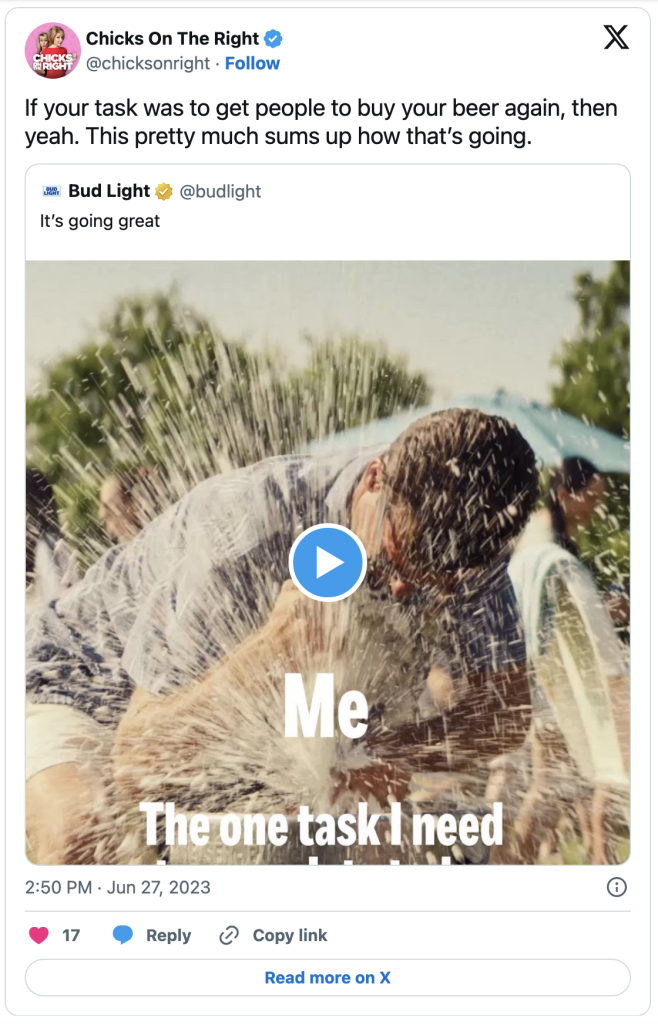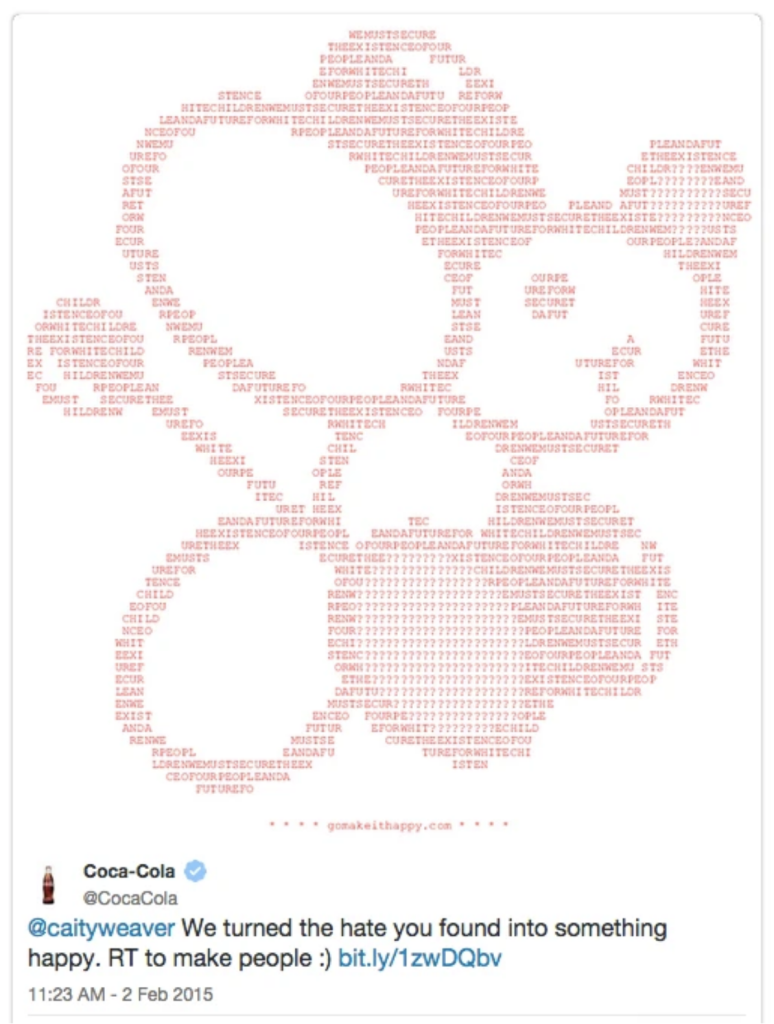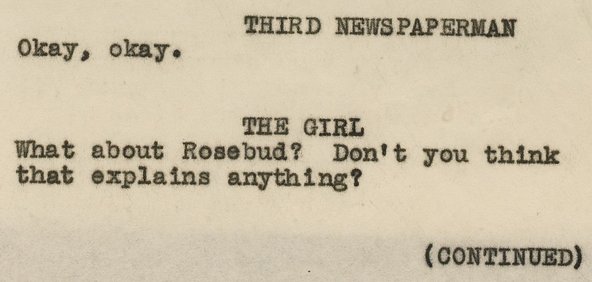Hi, Dave from Starscape SEO here. In the world of marketing and communication, the role of a copywriter is both essential and multifaceted, and often not fully understood.
Here we’ll dive in to a little bit of history of the term, and what it means today when it comes to being a copywriter.
If your goal is to have “copywriter” or “I write copy” tattooed proudly on your lower back or chest, as a show of solidarity as being part of the industry, because you are that hardcore about it, then this article is for you, especially.
Copywriting Vs. Copyright – A Common Misconception
Copywriter’s Job: Crafting Persuasive Content
At its core, a copywriter’s job is to create compelling and persuasive content that drives action.
Whether it’s a captivating headline for an ad, a detailed product description, or a persuasive email campaign, a copywriter’s goal is to engage readers and motivate them to take a desired action, such as making a purchase or signing up for a newsletter.
Copywriting can also extend to posts on social media. Even celebrities, as well as parts of the government rely on copywriters to carefully phrase their messages that go out to the public.

In some respects, copywriting can be a form of ghost writing, as the copywriter writes the copy, or content, and essentially is paid to hand it over to the person who will use the content under their name, even though they didn’t write it themselves.
This requires not only creativity but also a strategic approach to ensure that the content resonates with the target audience and aligns with the brand’s voice.
For businesses producing copy as a form of digital marketing, where their copy, or words, are part of their brand’s assets, most brands – even small businesses – are always in search of having a unique voice.
For example, if you run a blueberry farm, and have a Facebook, Instagram, or Twitter page, which would require you to post updates and messages from your brand, you might want to avoid copy that sounds like this:
“Hey fam! 🫐✨ Just a quick deets drop on our hours at Cassie’s Blueberry Farm! 🚀💥 We’re vibin’ and grindin’ from 9 AM to 5 PM every single day! 🌞⏰
Slide by anytime to snag those bomb blueberries before we peace out for the day! 🚀🍇 Come thru and get your fruit fix while we’re still chillin’ and thrillin’! 🙌🎉
Catch you on the flip side, fam! 😎👋 #BerryGoodTimes #FarmVibes #StayLit”
That sounds like something a teenager would write, trying to appeal to other teenagers, whereas the average age of your audience as a blueberry farm owner might be 60. Instead, you might want something more traditional like this:
“Hello everyone! 🌿🫐 Just a friendly reminder about our hours at Cassie’s Blueberry Farm. We’re open daily from 9 AM to 5 PM, and we’d love to welcome you to our farm. 🌞
Feel free to stop by to pick up some fresh, delicious blueberries and enjoy the peaceful countryside. We look forward to seeing you soon! 🍇
Best wishes, Cassie”
Knowing Your Customer And Speaking To Them Directly Via Copy

As I just explained in the previous section, effective copywriting hinges on a deep understanding of the target audience, who are otherwise known as your potential or actual customers, who pay your bills.
There is a good reason that rock bands always thank their fans at shows, saying “We’re here because of you guys!” …because it’s literally true.
In the context of a brand producing copy, their copywriters must research and analyze the needs, desires, and pain points of the audience to craft messages that speak directly to them.
This involves using market research, customer feedback, and demographic data to tailor content that is relevant and impactful.
By doing so, copywriters ensure that their content addresses the specific concerns of potential customers, making it more likely to capture their attention and drive engagement.
There is always a concern that, as a business owner, you might hire a copywriter who doesn’t know who your target audience or main customers are, and therefore, the copy they might write doesn’t speak to them.
This is a common concern lately with a lot of brands – take Bud Light for instance – trying to write copy on social media that doesn’t target their actual audience, or makes fun of their customer base, and actually pushes their real audience away, in favour of trying to establish a new audience that they wish they had, but don’t actually have currently.

This can lead to things like boycotts, a loss of core customers, and the worst nightmare of any big business – shareholders abandoning you, leading to stocks going into free fall.
Of course, there are some brands that have their high and mighty morals, and try to push those morals on customers, in the form of misaligned ad copy, leading to an online battle between fans of a brand and the brand itself trying to access other previously untapped demographics to make more money, but it usually doesn’t end well, because betraying your core audience is never a good thing.

Or sometimes, brands just go crazy and post something so weird and off-brand, that everyone takes notice, and, for a minute or so, fans and marketers alike unite to say “WTF happened?”, as was the case when Coke had a Tweet in 2015 that tried to make an ASCII art cute mouse-y out of words from Mein Kampf – Hitler’s Autobiography.
Here at Starscape SEO, we prefer to produce copy for our clients where the client gets exactly what they want, and as marketing experts, we generally encourage brands to find a voice and stick with it, once they find that unique voice, and try to avoid bizarre curve balls, unless that is the nature of the brand, which it usually isn’t.
Still, in terms of supplying our clients with copy, we are at their disposal, and a job is a job, so let me say also that we are not in the business of bickering with our clients about their own business.
I think personally that if your copywriter is arguing with you as a business owner, it’s probably a bad relationship to have, much less pay for.
SEO and Digital Marketing Integration

In the digital age, copywriters must also be adept at incorporating SEO (Search Engine Optimization) techniques into their writing, which we here at Starscape SEO specialize in, and have for years.
SEO-friendly content is designed to rank higher in search engine results, making it easier for potential customers to find the business online.
This involves using relevant keywords, optimizing meta descriptions, and ensuring that the content is structured in a way that is both user-friendly and search engine-friendly, without overdoing it.
Copywriters work closely with digital marketing teams to ensure that their content supports broader marketing strategies and enhances the overall online presence of the brand.
Collaboration and Project Management

The goal is for all parts of a company or brand to be in sync (see above picture). If I’m the president, and I say it’s lumberjack day, then everyone should be dressing like a lumberjack.
In the same way, copywriters often collaborate with other creative professionals, including designers, marketers, and brand strategists to work towards a common vision.
This collaboration is crucial for ensuring that the content aligns with the visual elements and overall marketing strategy.
Additionally, copywriters must manage multiple projects simultaneously, balancing deadlines and priorities to deliver high-quality content on time.
This requires strong organizational skills and the ability to work efficiently under pressure.
If you are the business owner who is hiring the copywriter, I would say it would be wise to have them as a real part of your creative team, as opposed to an isolated outsourced part of company who doesn’t really understand the brand.
Brands work best when they act as many parts of a greater whole. Don’t make the mistake, as I have in the past, of having a rogue copywriter who doesn’t stand by the values of the brand, or understand even what the brand is trying to sell or achieve.
It can lead to having to re-write all of their articles, thereby making them a waste of time and money to work with.
To potential copywriters, who may just be in it for the money, realize that there is less long-term potential for you as an employee if you don’t care about the brand you’re working for, and just try to crank out content / copy with minimal effort. It shows, and I personally can’t tolerate it.
Hence, I write, or at the very least, oversee, everything that this website produces when it comes to copy.
The Copywriter’s Skill Set

To excel in their role, copywriters need a blend of skills and qualifications.
A strong background in writing, journalism, or communications is often essential, along with a keen eye for detail and excellent editorial skills.
That said, what I think is more important than any degree or document handed to someone is a real flair for writing. They say true talent can’t be taught, and that may be true, so, for me, I’m always looking out for that person who can really lay it down – real recognizes real.
That said, professional etiquette can take an aspiring writer a long way, and copywriters working towards a career in digital marketing must also be familiar with the principles of SEO and content marketing, as well as possess the ability to adapt their writing style to different platforms and formats.
Experience in specific industries or niches can also be beneficial, particularly for projects requiring specialized knowledge.
In conclusion, a copywriter’s role is both dynamic and vital to a company’s success.
By crafting persuasive and engaging content, understanding the target audience, and integrating SEO strategies, copywriters help businesses effectively communicate their messages and achieve their marketing goals.
Their expertise in transforming ideas into compelling narratives makes them an invaluable asset in the competitive landscape of digital marketing.

Call or Text Starscape SEO: (519) 208-8680





